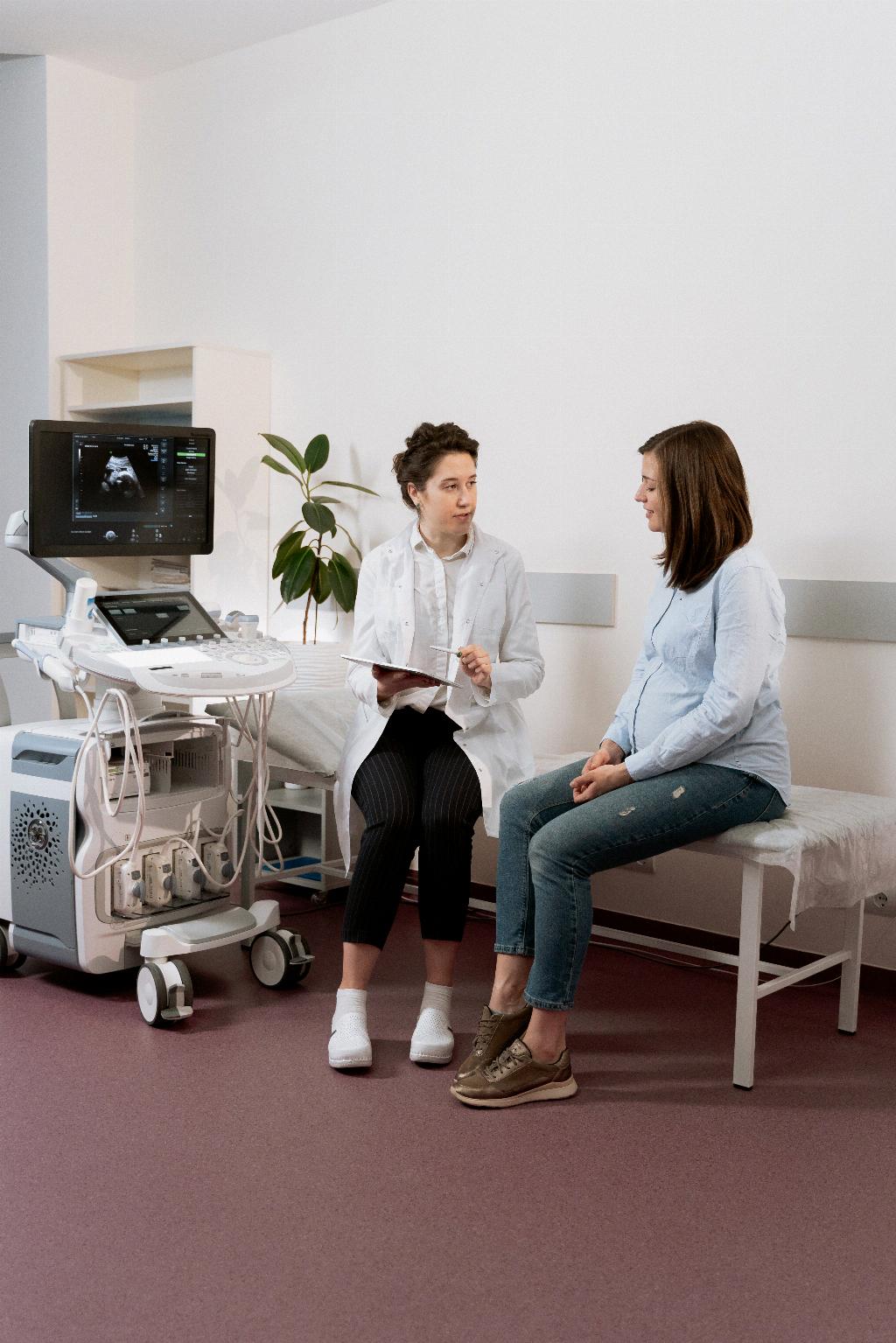So, you’ve taken the test for Group B Streptococcus (GBS) during your pregnancy, and the results have come back positive. What does this mean for you and your baby? Let’s dive into the details of what happens if you test positive for GBS.
Firstly, if the test results show that GBS is present, your healthcare provider will typically recommend administering antibiotics through an intravenous (IV) line once you go into labor. This proactive measure is taken to help protect the fetus from the risk of infection during the birthing process.
It’s crucial to understand that the optimal time for antibiotic treatment is during labor. By receiving antibiotics at this stage, you significantly reduce the chances of passing the infection on to your baby during delivery.
One important thing to note is that testing positive for GBS does not mean you or your baby will definitely get sick. The goal of antibiotic treatment is to prevent the transmission of the bacteria to your newborn, reducing the likelihood of complications.
As with any medical intervention, it’s essential to follow your healthcare provider’s recommendations regarding antibiotic administration if you test positive for GBS. These interventions are designed to protect the health and well-being of both you and your baby during the childbirth process.
By initiating antibiotic therapy once labor begins, you are taking a proactive step towards safeguarding your baby from potential GBS-related complications. This preemptive approach can help minimize the risks associated with GBS infection in newborns.
While testing positive for GBS may initially cause concern, it’s essential to remember that healthcare providers are equipped with interventions, such as antibiotic therapy, to mitigate the risks associated with GBS transmission during childbirth.
It’s crucial to stay informed and communicate openly with your healthcare provider if you test positive for GBS. Understanding the rationale behind antibiotic treatment can help alleviate any anxieties and ensure that you are actively involved in the decision-making process regarding your and your baby’s health.
Remember that testing positive for GBS is a common occurrence during pregnancy, and healthcare professionals are well-prepared to address this issue effectively. By following the prescribed treatment plan, you are taking proactive steps to protect your baby from potential GBS-related complications.
As you approach your delivery date, be sure to discuss any concerns or questions you may have with your healthcare provider. Open communication and adherence to the recommended protocols will be key in ensuring a safe and successful childbirth experience for both you and your newborn.
In conclusion, testing positive for GBS does not necessarily mean that you or your baby will become ill. With timely and appropriate antibiotic treatment during labor, you can significantly reduce the risk of transmitting the infection to your newborn and ensure a positive outcome for both of you.

